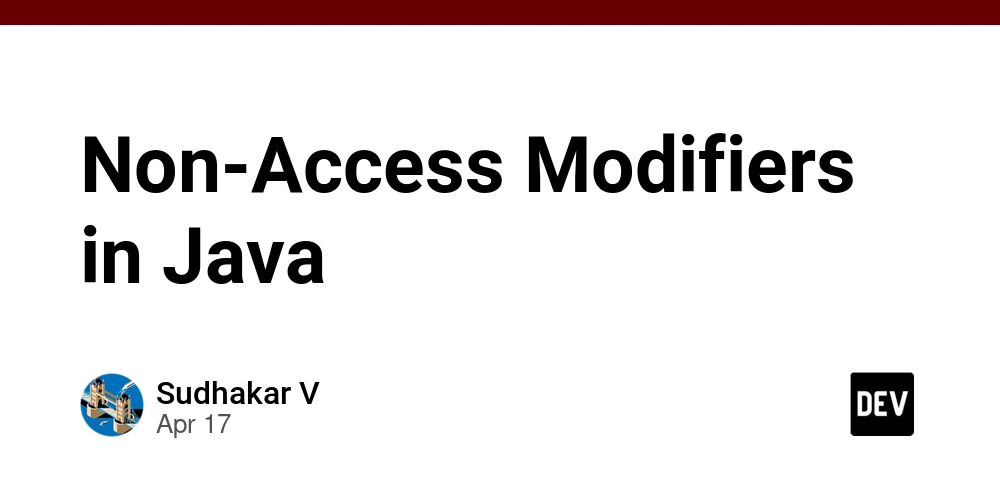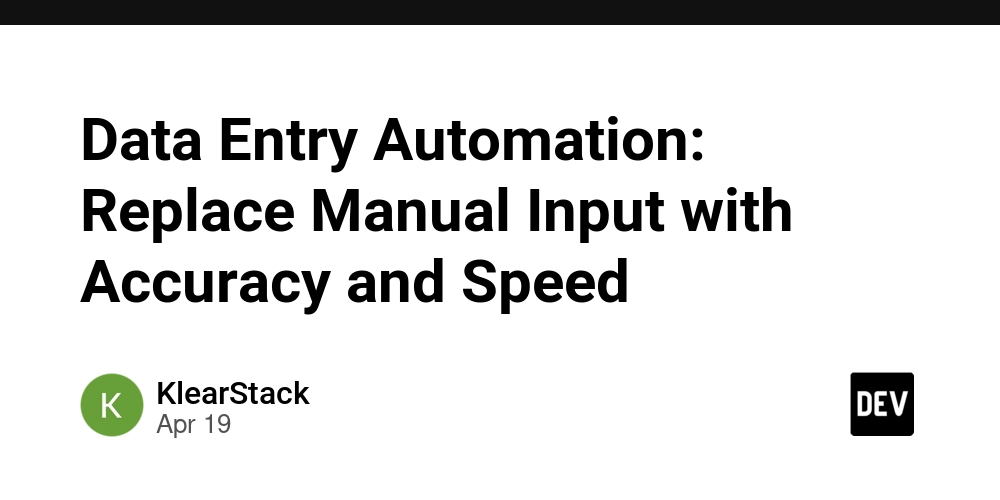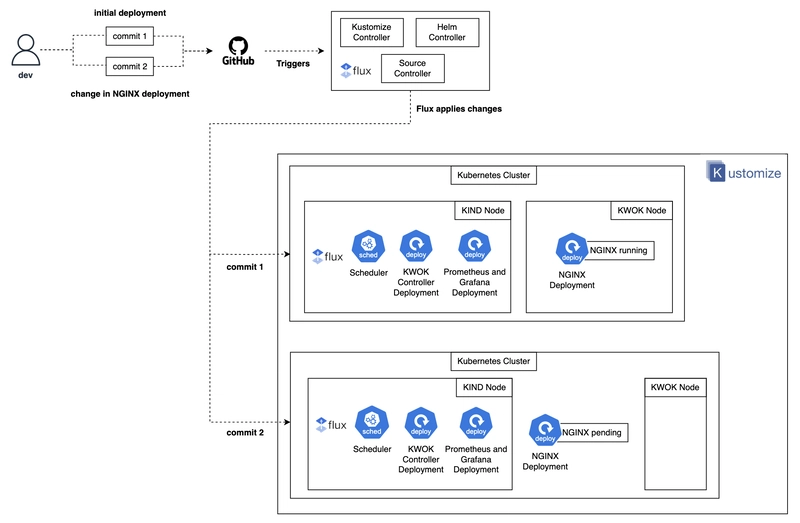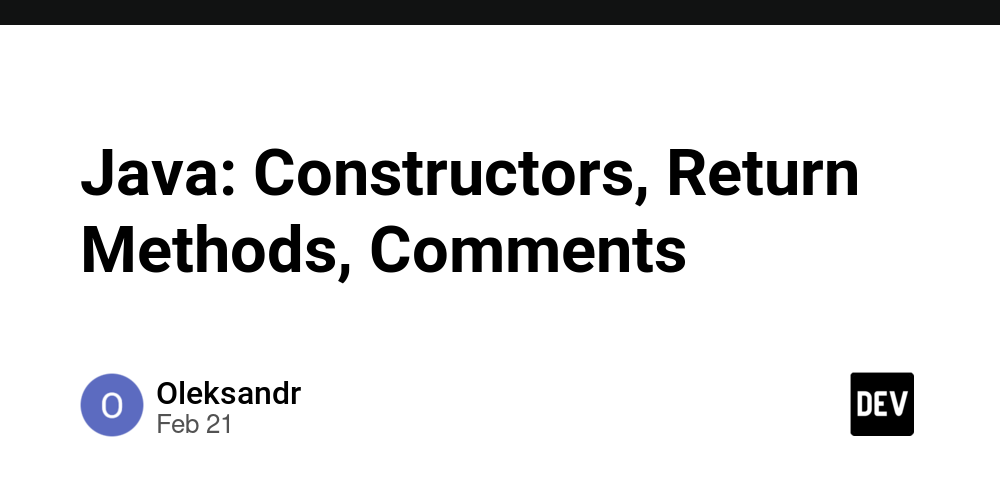Non-Access Modifiers in Java
Non-Access Modifiers in Java Non-access modifiers in Java control various aspects of classes, methods, and variables beyond just their visibility. Unlike access modifiers (public, private, protected), these modifiers don't control access levels but instead provide other functionality. Main Non-Access Modifiers 1. static Makes a member belong to the class rather than instances Can be applied to: Variables (class variables) Methods (class methods) Nested classes Initializer blocks class Counter { static int count = 0; // Class variable static void increment() { // Class method count++; } } 2. final Makes elements unchangeable after initialization Can be applied to: Classes (cannot be extended) Methods (cannot be overridden) Variables (cannot be reassigned) final class Constants { final double PI = 3.14159; final void display() { System.out.println("This cannot be overridden"); } } 3. abstract Used for incomplete implementations Can be applied to: Classes (cannot be instantiated) Methods (no body, must be implemented by subclasses) abstract class Shape { abstract double area(); // Abstract method void display() { System.out.println("This is a shape"); } } 4. synchronized Controls thread access to methods/blocks Ensures only one thread can execute at a time class Counter { private int count = 0; public synchronized void increment() { count++; } } 5. transient Marks variables not to be serialized Used with object serialization class User implements Serializable { String username; transient String password; // Won't be serialized } 6. volatile Ensures variable is always read from/written to main memory Used in multithreading environments class SharedObject { volatile boolean flag = false; } 7. native Indicates a method is implemented in platform-dependent code (like C) Used with Java Native Interface (JNI) public native void nativeMethod(); 8. strictfp Ensures consistent floating-point calculations across platforms Can be applied to classes, interfaces, and methods strictfp class Calculator { strictfp double calculate() { return 10.0/3.0; } } Usage Guidelines Modifier Applies To Purpose static Variables, methods, nested classes, blocks Class-level rather than instance-level final Classes, methods, variables Prevent modification/extension abstract Classes, methods Incomplete implementations synchronized Methods, blocks Thread safety transient Variables Exclude from serialization volatile Variables Visibility across threads native Methods Platform-native implementation strictfp Classes, interfaces, methods Consistent floating-point Important Notes Some modifiers cannot be combined: abstract + final (contradictory) abstract + private (private methods can't be overridden) abstract + static (static methods can't be overridden) Method-specific modifiers: synchronized, native, strictfp are only for methods Variable-specific modifiers: transient, volatile are only for variables Understanding these non-access modifiers is essential for writing correct, efficient, and maintainable Java code that properly leverages language features.

Non-Access Modifiers in Java
Non-access modifiers in Java control various aspects of classes, methods, and variables beyond just their visibility. Unlike access modifiers (public, private, protected), these modifiers don't control access levels but instead provide other functionality.
Main Non-Access Modifiers
1. static
- Makes a member belong to the class rather than instances
- Can be applied to:
- Variables (class variables)
- Methods (class methods)
- Nested classes
- Initializer blocks
class Counter {
static int count = 0; // Class variable
static void increment() { // Class method
count++;
}
}
2. final
- Makes elements unchangeable after initialization
- Can be applied to:
- Classes (cannot be extended)
- Methods (cannot be overridden)
- Variables (cannot be reassigned)
final class Constants {
final double PI = 3.14159;
final void display() {
System.out.println("This cannot be overridden");
}
}
3. abstract
- Used for incomplete implementations
- Can be applied to:
- Classes (cannot be instantiated)
- Methods (no body, must be implemented by subclasses)
abstract class Shape {
abstract double area(); // Abstract method
void display() {
System.out.println("This is a shape");
}
}
4. synchronized
- Controls thread access to methods/blocks
- Ensures only one thread can execute at a time
class Counter {
private int count = 0;
public synchronized void increment() {
count++;
}
}
5. transient
- Marks variables not to be serialized
- Used with object serialization
class User implements Serializable {
String username;
transient String password; // Won't be serialized
}
6. volatile
- Ensures variable is always read from/written to main memory
- Used in multithreading environments
class SharedObject {
volatile boolean flag = false;
}
7. native
- Indicates a method is implemented in platform-dependent code (like C)
- Used with Java Native Interface (JNI)
public native void nativeMethod();
8. strictfp
- Ensures consistent floating-point calculations across platforms
- Can be applied to classes, interfaces, and methods
strictfp class Calculator {
strictfp double calculate() {
return 10.0/3.0;
}
}
Usage Guidelines
| Modifier | Applies To | Purpose |
|---|---|---|
static |
Variables, methods, nested classes, blocks | Class-level rather than instance-level |
final |
Classes, methods, variables | Prevent modification/extension |
abstract |
Classes, methods | Incomplete implementations |
synchronized |
Methods, blocks | Thread safety |
transient |
Variables | Exclude from serialization |
volatile |
Variables | Visibility across threads |
native |
Methods | Platform-native implementation |
strictfp |
Classes, interfaces, methods | Consistent floating-point |
Important Notes
-
Some modifiers cannot be combined:
-
abstract+final(contradictory) -
abstract+private(private methods can't be overridden) -
abstract+static(static methods can't be overridden)
-
-
Method-specific modifiers:
-
synchronized,native,strictfpare only for methods
-
-
Variable-specific modifiers:
-
transient,volatileare only for variables
-
Understanding these non-access modifiers is essential for writing correct, efficient, and maintainable Java code that properly leverages language features.





























![[Webinar] AI Is Already Inside Your SaaS Stack — Learn How to Prevent the Next Silent Breach](https://blogger.googleusercontent.com/img/b/R29vZ2xl/AVvXsEiOWn65wd33dg2uO99NrtKbpYLfcepwOLidQDMls0HXKlA91k6HURluRA4WXgJRAZldEe1VReMQZyyYt1PgnoAn5JPpILsWlXIzmrBSs_TBoyPwO7hZrWouBg2-O3mdeoeSGY-l9_bsZB7vbpKjTSvG93zNytjxgTaMPqo9iq9Z5pGa05CJOs9uXpwHFT4/s1600/ai-cyber.jpg?#)










































































































































![[The AI Show Episode 144]: ChatGPT’s New Memory, Shopify CEO’s Leaked “AI First” Memo, Google Cloud Next Releases, o3 and o4-mini Coming Soon & Llama 4’s Rocky Launch](https://www.marketingaiinstitute.com/hubfs/ep%20144%20cover.png)





























































































































![[FREE EBOOKS] Machine Learning Hero, AI-Assisted Programming for Web and Machine Learning & Four More Best Selling Titles](https://www.javacodegeeks.com/wp-content/uploads/2012/12/jcg-logo.jpg)








































































![Rogue Company Elite tier list of best characters [April 2025]](https://media.pocketgamer.com/artwork/na-33136-1657102075/rogue-company-ios-android-tier-cover.jpg?#)








































































_Andreas_Prott_Alamy.jpg?width=1280&auto=webp&quality=80&disable=upscale#)






























































































![What’s new in Android’s April 2025 Google System Updates [U: 4/18]](https://i0.wp.com/9to5google.com/wp-content/uploads/sites/4/2025/01/google-play-services-3.jpg?resize=1200%2C628&quality=82&strip=all&ssl=1)










![Apple Watch Series 10 Back On Sale for $299! [Lowest Price Ever]](https://www.iclarified.com/images/news/96657/96657/96657-640.jpg)
![EU Postpones Apple App Store Fines Amid Tariff Negotiations [Report]](https://www.iclarified.com/images/news/97068/97068/97068-640.jpg)
![Apple Slips to Fifth in China's Smartphone Market with 9% Decline [Report]](https://www.iclarified.com/images/news/97065/97065/97065-640.jpg)




































































































































